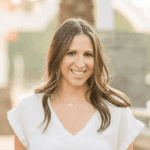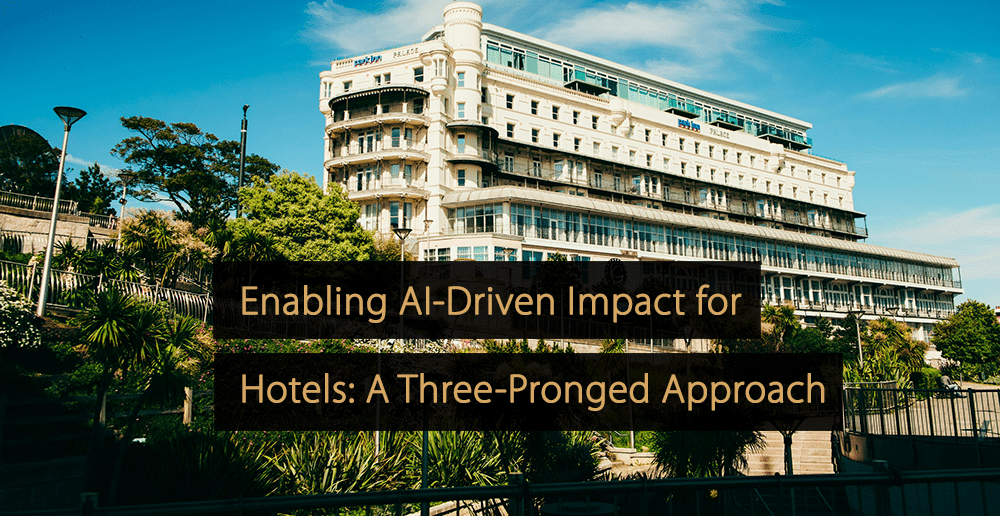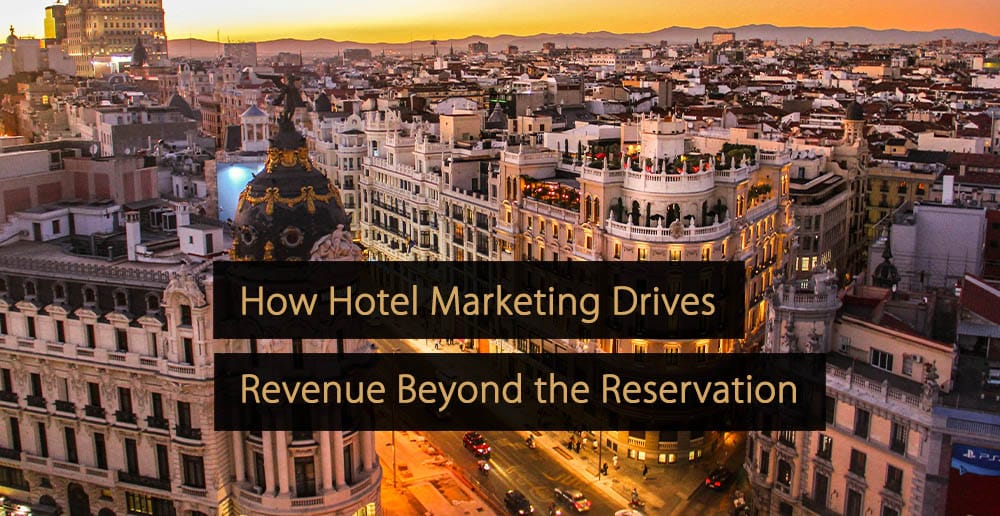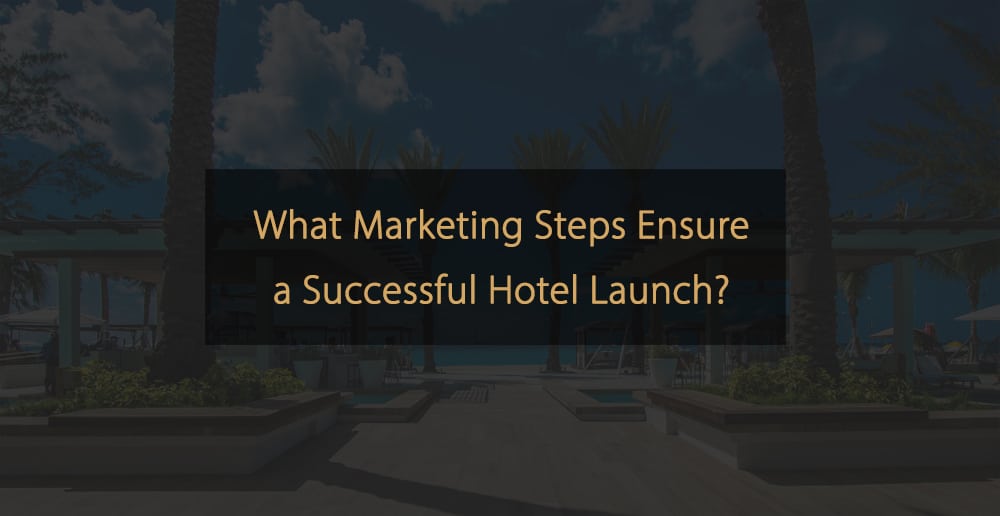Question for Our Hotel Marketing Expert Panel
With mobile traffic stats continuing to rise, how have you adapted your hotel’s digital strategy in response to that?
Industry Expert Panel
Our Industry Expert Panel exists out of professionals within the hospitality & travel Industry. They have comprehensive and detailed knowledge, experience in practice or management and are forward-thinking. They are answering questions about the state of the industry. They share their insights on topics like revenue management, marketing, operations, technology and discuss the latest trends.
Our Marketing Expert Panel
- Colleen Buckley – Hospitality Marketing Executive
- Reshan Jayamanne – Digital Marketing & Sales Strategist, Bnb Optimized
- Nicolas Lajambe – Head of Ecommerce, Freehand Hotels & Generator Hostels
- Jolien Alferink – Hotel Marketing Consultant, Orange Hotel Marketing
- Amy Draheim – Owner, ABD Creative
- Kaylie Holley – Founder, Up Travel Marketing
- Moriya Rockmani – Chief of Marketing, Smiling House Luxury Global
- Alessandro Inversini – Associate Professor of Marketing and Director of the Institute of Customer Experience Management, Ecole hôtelière de Lausanne
- Michael Suares – Hospitality & Technology Professional, SOMOS Hotel
- Ask Our Panel a Question
- Join Our Expert Panel
“1. Ensure you have an omnichannel strategy, so your messaging is consistent across all platforms and channels.
2. Ensure your website is mobile-friendly or you have a mobile site.
3. Leverage mobile messaging and targeted mobile advertising.
4. Create and leverage a branded app.
5. Ensure the mobile booking process is simple, fast and reliable. Leverage the ability to login in thru Facebook, Google Pay, Apple Pay if possible to make it easier on the guest.”
“Google will now start indexing mobile-friendly websites first. If your site is not mobile-friendly, please take steps to ensure that it is, otherwise, you will experience a decrease in SEO.
Secondly, it’s important to understand how people search on mobile. It usually happens in one of three ways:
1. Search directly for your business name – if they know you.
2. “Things to do/activities in…” – 6X increase according to google.
3. “Near me” – 6X increase according to google.
Why is this important? In a recent study by Greenberg, Inc. to better understand traveller behaviour across the U.S, U.K, France, and Germany, they found the following:
– “12 weeks leading up to a trip, there are 3X more experience searches than hotel searches and 8X more experience searches than air searches.”
– “Travelers who book their activities ahead of their trip spend 47% more on lodging and 81% more on transportation than those who wait to book in destination.”
What does this tell us? That no matter how beautiful your accommodation business is, half your potential guests will choose your competitor because they were not informed of what they can experience around your location. Imagine if your accommodation business became a source of information documenting local experiences, culture, gastronomy, and even capture unique local stories? You would immediately reach beyond the 3% of “ready-to-buy buyers” that 99% of your competitors target to now reaching the wider target market, i.e., the 97% of people who are in the market to buy in the near future. This is how you turn “lookers into bookers.”
To sum it up, make sure your website is mobile-friendly and then create blogs that position you as a local expert. If you want to get fancy, implement a Google Ads strategy that shows your articles tailored to the exact search phrases people are searching for on Google to directly intercept them (Google calls this the “zero moment of truth”) and bring them into your sales funnel. Combine this with tracking and an omnichannel marketing strategy and you will turn the 97% into 20-40% of actual buyers over the mere 3% that your competitors are targeting for their attention.”
“The mobile version of our website has been an important tool for us. We are constantly working on improving our mobile user experience. Since I joined the company in April 2020, we have constantly improved the load time of our mobile pages in response to the increase in mobile conversions.
Outside of our digital marketing campaigns and our site, we have reviewed all our email communications. For example, our confirmation emails or email newsletters follow a different design for desktop or mobile and answer to different design needs.”
“First of all, it’s about keeping a strong focus on the ‘mobile-first’ perspective. It sounds easier than it is though. Campaigns and designs are usually created on the desktop and also evaluated and approved by colleagues who view it on…. the desktop. Luckily, tools such as Facebook Ad Manager and Mailchimp offer great mobile preview options.
Another important factor is finding a balance in the number of elements you want to present in your designs. In general ‘less is more’ is a great approach for mobile. You have a limited amount of space, so it’s all about deciding on what to leave out. Some booking engines can be overly complicated with the number of features they want to present, but the same applies to the newsletters you send out or the visuals you create for your social promotions. It needs to grab the attention in a split second and that’s only possible if the core message is strong and free of unnecessary distractions.”
“It’s nuts, isn’t it? We’re seeing more bookings than ever coming through social media channels like Instagram and TikTok, whereas previously, this was top of the funnel stuff, knowing that few mobile sessions would convert. Now, the opposite is true and not surprisingly. People are making big purchases for their homes on their mobile phones, they’re shopping retail, they’re shipping groceries, so it seems inevitable that booking vacations on mobile phones has begun to feel normal.
The key here is to ensure your mobile booking engine is streamlined and simple, get the need-to-know information and let the guest book the room. Use your confirmation and pre-arrival emails to upsell, instead of wasting precious time in the mobile booking engine.”
“Ensuring and implementing technology that is optimized for mobile interfaces, such as a chatbot, is a priority in any hotel digital strategy; from software and apps to making sure the hotel website is optimized for mobile devices.
Switching roles from the hotel side to the guest side works well in this case, i.e., putting yourself in the guest’s shoes. Search as if you were a guest coming to your hotel. A great first step is to identify the areas that need improvement or where information is missing and remedy these to help lower guest abandonment.”
“Since we are not a hotel, but a luxury holiday rental company, we are very supportive in all ways of communication, including Whatsapp, SMS, phone calls and automated responses through our OTA’s 24/7. Our office is always open. Being busy with luxury accommodation, our team is ready to support communication, answering in 10 different languages.”
“Even though I personally believe that technology should be second to people, we have gone “all in” with technology. All our rooms are fully smart, working with voice commands and also controllable via a tablet. Our concierges are both personally or virtually reachable. We try to keep up with the latest in technology while at the same time finding ways to leverage it to create seamless contact with guests.
As I say: Let the technology handle the transactions and let the people take care of the hospitality. Hoteliers should not be afraid to adopt technology as it won’t replace the role of the humans in hotels. People are the soul and spirit in the hotel building and while robots and tech cannot “go above and beyond to exceed a guest’s need” humans will always be needed.”
“Nowadays a mobile-first website should be a must for any hospitality organization. I do not really believe in hotels apps (maybe only for business/repeaters – but also here I do have my doubts). Nonetheless, organizations should be present in the mobile search and their result should literally be only 3 seconds away from the fingertip of the customer.
Whoever searches online is more prone to triggering a behaviour (e.g., reserving a room/table, calling in, emailing for more info) than someone who searches via a desktop device. Therefore it is essential to be there with a good SEO/SEM strategy and to have a specific call to action on every search in order to maximize conversion.”
Ask a Question & Join Our Expert Panel
Would you like a question to be answered by our Industry Expert Panel? Or would you like to join our community of experts and share your experience, insights, and knowledge with fellow industry professionals? Via the buttons below you can submit a question or submit a request to become part of our expert panel.
More Tips to Grow Your Business
Revfine.com is the leading knowledge platform for the hospitality and travel industry. Professionals use our insights, strategies, and actionable tips to get inspired, optimize revenue, innovate processes, and improve customer experience.Explore expert advice on management, marketing, revenue management, operations, software, and technology in our dedicated Hotel, Hospitality, and Travel & Tourism categories.
















Leave A Comment